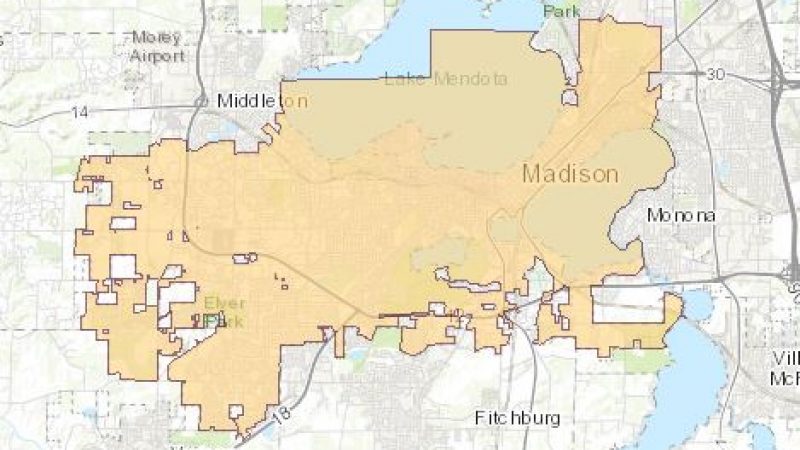Dems seeking to replace longtime Madison lawmaker Fred Risser in the state Senate largely back Gov. Tony Evers’ proposals aiming to overhaul police practices.
In interviews with WisPolitics.com, the seven 26th SD candidates highlighted the need to establish new police standards with variance on specific law enforcement reform measures not encompassed in the guv’s proposals.
Kelda Roys, a former Assembly lawmaker and 2018 gubernatorial candidate, said Evers’ proposals to change police standards to ban chokeholds and no-knock searches and ensure deadly force is used only as a last resort were “great starts.” But she called for further reform efforts including diverting money away from police forces, which she said receive “far too many resources.”
Roys said sending those resources to initiatives such as public education would “help create public safety and prevent crime in the first place.”
>> WisPolitics is now on the State Affairs network. Get custom keyword notifications, bill tracking and all WisPolitics content. Get the app or access via desktop.
Wisconsin Environmental Initiative Executive Director John Imes also backed Evers’ proposals on police. He added he would also like to see measures seeking to prevent racial profiling as well as a requirement that officers wear and properly operate body cameras.
“If you want greater transparency, you want greater police accountability, and you want justice for all, I think the cameras are an important part of any package that moves forward,” he said.
For Brian Benford, a former Madison alder and the son of one of the first Black Milwaukee police officers, Evers’ proposals were a “bold, very important first step.” But Benford said more needed to be done and called for lawmakers to “reimagine what policing looks like.”
“Give me the cost of that squad car for a prevention program or an after school program, and I guarantee you the outcomes will be much better,” he said.
Nada Elmikashfi was the only candidate to explicitly back defunding the police. A former staffer for Evers and former Senate Minority Leader Jennifer Shilling, Elmikashfi acknowledged those calls would lead to fewer officers on the streets but touted the boosts it could provide to social services, mental health care and education.
“When someone asks, ‘What does a defunded America look like?’ It looks like an affluent suburban white neighborhood,” she said.
Recent UW-Madison graduate and former legislative aide Aisha Moe added current levels of police funding have perpetuated “a system of unnecessary aggression and control over communities of color.”
Moe, who said her interest in running for office stems from her disgust of President Trump, called for a “completely new approach” to community safety that emphasized education and social services.
Amani Latimer Burris demurred when asked about Evers’ proposals, saying she would need the measures first. The former journalist and organizer for the state Dem Party said she philosophically supported calls to redirect money from policing to community services, but called for a diverse group of stakeholders to come together to find the best solution.
“We need to bring voices to the table and look at policy, talk to people in the community, talk to the people that are doing the policing and try to understand what’s really going on and what’s really going to make a difference,” she said.
Only one candidate, 2018 lieutenant governor candidate William Davis, said he did not philosophically support redirecting local dollars from police departments to community programs.
Davis called for “extended training and comprehensive psychological training” but said diverting funds away from police forces was “not the solution.”
All seven were also largely in lockstep in support of state government providing resources to local governments to cover the cost of replacing lead laterals, expanding Medicaid and decreasing the number of people incarcerated by the state. Latimer Burris said she didn’t know enough about the economics of replacing lead service lines to weigh in on if the state should provide resources to help local governments replace them, but added “there should not be lead in the water.”
Six of the seven also backed Evers’ special session proposals to expand the number of gun sales and transfers that require a background check and implement a so-called “red-flag” law. Davis was the only candidate to stray from the party line, noting he said he believed the measures would impinge on Second Amendment rights.
The winner of the Aug.11 primary will be unopposed in the November general election.
Hear the interviews: https://soundcloud.com/wispolitics/sets/wispoliticscom-26-sd-candidate-interviews



